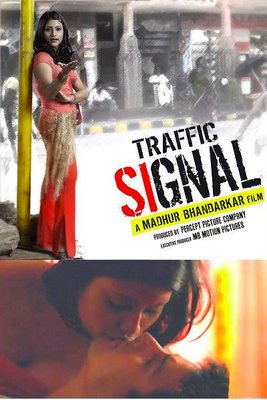
The world of films has brought me some fantastic tales. I have watched relationships evolve from a million angles in two brief hours. A sad scene on an overcast day has transported wistful grey clouds onto my couch and impending rain into my brimming eyes, while glorious success stories have duly planted hope into my day. 'Pursuit of Happyness' is a film that brought me all of those things in the one moving memoir of a hardworking, honest man, a father and a dreamer, Chris Gardner, played by Will Smith.
There are people who smother their dreams with acute pragmatism and then there are those who use that very pragmatism to bring certainty to their dreams. Chris Gardner worked his way through poverty, homelessness and applied his limited qualifications towards accomplishing his goals not only as an ambitious and driven man but more importantaly, as a loving and nurturing parent, a balance that is very hard to achieve.
I have always associated Will Smith with movie characters that are a few notches above real. With this film, he could not have chosen a more real character to play than the one of Chris Gardner's. He has finally established that his boyish good looks and mischevious grin do not get in the way of his playing a middle-aged, struggling man in the pursuit of happiness. Little Jaden Smith in the role of Chris Gardner's five year old son was cast very appropriately considering that the bulk of emotion in the entire film rested on the delicate shoulders of this father-son relationship between the two characters. Thandie Newton nails the persona of a woman torn between her need to walk away from a harsh, stagnant life and the love for her son. I did feel however that her character was written with a very one-dimensional view that makes the film's bias in favor of Gardner a little too obvious. Her criticisms of Gardner and her frustration at having to work two shifts while her man pursued distant dreams was quite justified and was not reason enough to automatically portray her as the villain in Gardner's story.
Italian director Gabriele Muccino brings the kind of sensitivity to this film that doesn't sink heavy into melodrama but rises high enough to stare us in the face. Simple sequences involving banter between father and son depicts contrasting ideas when the little boy tells jokes and quips to a father distracted by his hardships.
Movies that showcase an earlier time period face the challenge of making their story relevant for the present generation. President Reagan's speech during this film shows a time in America's history when unemployment and economic instability was rife. Considering the current shifts in economy, this story brings true inspiration in the form of one man's struggle and ultimate success making it quite pertinent in today's time. By incorporating a phrase from the Declaration of Independence in its title, this film also attempts to revive the spirit of a hardworking and persevering nation.
My favorite scene was the one in which Chris Gardner turns to his young son after having belittled the boy's basketball fancies and tells him "Don't ever let somebody tell you you cannot do something". This film did not just alter the way 'happiness' is spelled, it changed the way it is perceived.







